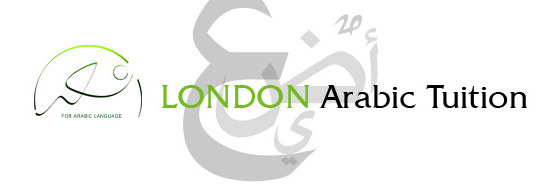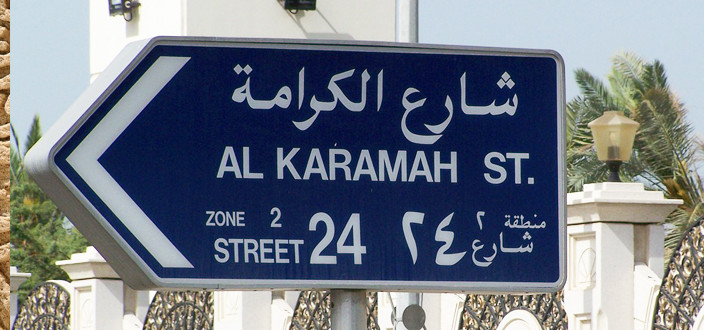With the ongoing conflict between Israel and Palestine, it has become a contentious issue to determine what the latter is called in the former. While the Palestinian Authority has long referred to itself as the ‘State of Palestine’, Israel insists that it is an autonomous entity within Israel that is known as the ‘Disputed Territories’. The international community, however, does not recognize the ‘Disputed Territories’ term and instead regards the area as ‘Occupied Palestinian Territories’.
This designation is based on the fact that Israel has occupied the area since the 1967 Arab-Israeli war, and has not yet formally declared any sovereignty over the region. Within Israel, the government officially refers to the area as ‘Judea and Samaria’ and views these territories as part of the ‘Land of Israel’. This concept is considered to be a religious and national notion, as it claims that based on Jewish historical heritage, the land belongs to them.
Additionally, some Israeli settlements are built in the Disputed Territories, further raising the issue of whether or not these settlements have a legitimate claim to the land. Palestinians living in the Disputed Territories typically refer to their land by its traditional name, ‘Palestine’. Palestinians, however, also widely make use of another term – ‘The West Bank’. This term was first coined during the British rule of the area and has become increasingly used both domestically and internationally in recent years.
Ultimately, the question of what Palestine is called in Israel remains subject to controversy. While Israel claims that the Disputed Territories are part of their Land of Israel, Palestinians, and the international community argue that the land is part of Palestine. As a result, the two sides have yet to reach an amicable solution to the conflict.
The question of what is Palestine called in Israel is an incredibly complex issue that has been a source of tension between Palestinians and Israelis for decades. This disagreement stems from two different concepts of the land: for many Palestinians, Palestine is their homeland; for many Israelis, the land is part of their Land of Israel. This dispute is further complicated by the fact that the international community considers the land part of Palestine.
Both sides remain firm in their convictions, making it difficult to achieve an agreeable solution to the conflict. In general, Israel refers to the land it currently occupies and disputes the parts of the West Bank that are occupied by Israel as the “Judea and Samaria” region. This region has a long and storied history; for thousands of years, it was the home of many Jewish communities. In the centuries since the beginning of the modern Jewish state, Israel has regarded this region as part of its homeland.
On the other hand, many Palestinians regard the land as Palestine, the land that belongs to the Palestinian people. They argue that Palestine is an integral part of their history and culture, and embodies the collective identity of the Palestinian people. In addition to this sense of personal attachment to the land, many Palestinians feel that the international community should recognize the rights of the Palestinian people to self-determination in a nation of their own.
As a result, the two sides have yet to reach an amicable solution to the conflict. While both the Israelis and the Palestinians are in agreement on certain points, there remain disagreements on fundamental issues, such as the right of return and the status of Jerusalem.
Despite years of negotiations, the two sides remain far apart and the resolution to this complicated problem is still in the air. In short, what is Palestine called in Israel is a question that has yet to find a successful solution. Palestinians view the land as part of their homeland, while Israelis see it as part of their Land of Israel. The international community regards it as part of Palestine. As long as the two sides remain steadfast in their convictions and unable to work together, a solution will remain elusive. The long-standing Israeli-Palestinian conflict has brought about questions of what constitutes Palestine and what parts are considered the land of Israel. In Israel, Palestine is generally referred to as the “Land of Israel” while the international community believes the region to be a part of Palestine.
This disagreement between the two sides has led to an indefinite stalemate in the conflict, with no clear resolution in sight. The Land of Israel has been cherished by both sides for many generations. Throughout history, many different peoples have called this area their home and have formed a deep, spiritual connection to the land. However, the issue of who rightfully owns the Land of Israel has been a major source of contention between Israel and Palestine. Israel has remained steadfast in its conviction that the region is rightfully theirs while the international community supports the Palestinian claim that the area belongs to them.
Despite the international community’s stance on the matter, the Israeli-Palestinian conflict has remained unresolved for decades with both sides unwilling to compromise. In recent years, the two sides have taken part in tentative peace talks which have failed to produce a resolution.
Without both sides finding a way to agree on a lasting solution, the Land of Israel will remain a source of contention and the region will remain Palestine in the eyes of the international community. As tensions remain high in the region and both sides cling to their respective beliefs, it is important to recognize that no single party, be it Israel or Palestine, has a definitive right to the Land of Israel. As long as the two sides remain steadfast in their convictions and unable to work together, a solution will remain elusive



Leave a Reply
You must be logged in to post a comment.